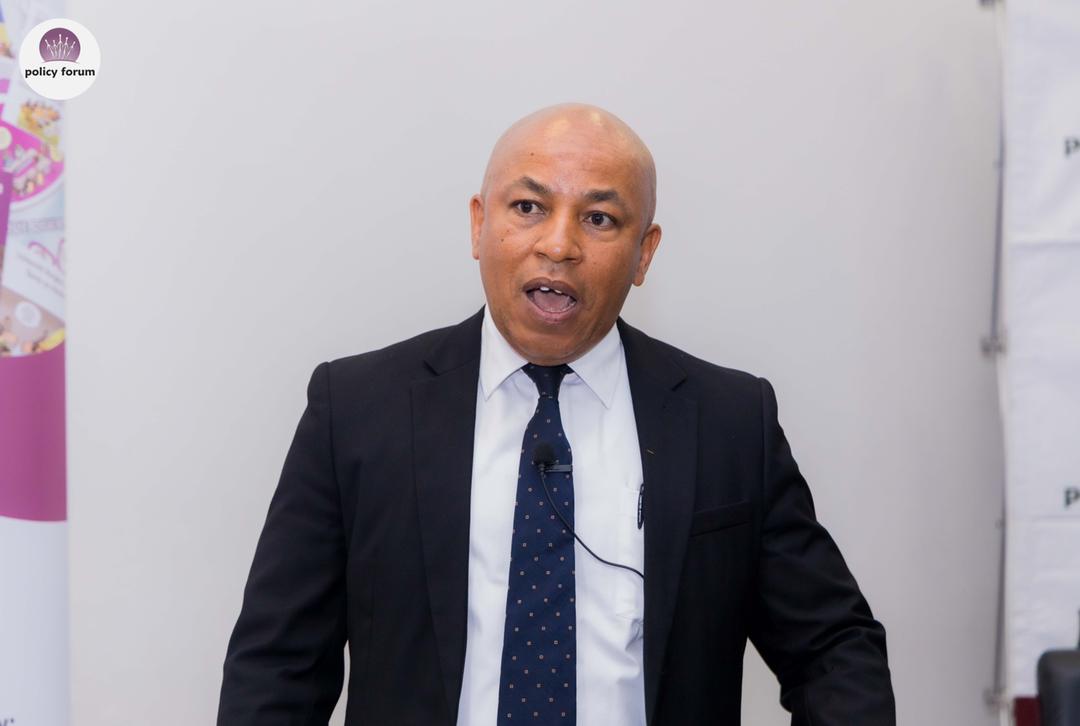
Effective governance of the Mining, Oil and Gas sectors is a persistent challenge around the world. If well managed, the sector has the potential to improve the lives of 1 billion people living in poverty in resource-rich countries. Poor governance of the sector can lead to corruption, environmental damage, and conflicts.
However, Tanzania’s mining sector continued to grow throughout 2020. Gold export earnings rose over 34 percent in 2020, bolstered by increased output and higher prices during the height of the coronavirus pandemic.
Meanwhile, Her Excellency President Samia Suluhu Hassan has expressed a firm pro-business stance, pledging to improve the mining sector by fast-tracking agreements with companies and resolving outstanding tax issues.
The Natural Governance Institute (NRGI) conducts research known as the Resource Governance Index (RGI) on the Mining, Oil and Gas sector for 18 countries worldwide including Tanzania to measure the quality of the legal framework and the implementation of laws and rules in practice.
Nevertheless, the 2021 RGI has reported a significant increase of 9 points since the 2017 RGI with a score of 58 out of 100 points although the overall performance of Tanzania’s Mining, Oil and Gas sector remain still in the weak band.
Tanzanian’s mining sector has a considerable gap between established legal frameworks and their enforcement in practice. The weak enforcement of rules surrounding local impacts and state-owned enterprise governance are key causes of this growing implementation gap.
These findings were presented at the Policy Forum September 2021 Breakfast Debate by a Senior Lecturer at the University of Dar es salaam Abel Kinyondo (PhD) who also played a great role in the Resource Governance Index (RGI) research.
Moreover, the two extractive sector components consist of indicators that measure either the existence and public availability of laws and regulations or disclosure, enforcement, and adherence to rules in practice. The difference between average scores of all law indicators and all practice indicators forms the gap between written rules and enforcement in each country.
According to the 2021 RGI, the government has not disclosed reports on its finances and operations for the past 2 years even though it is legally required to do so. The government only disclosed partial information in press releases and at conferences.
The report recommends that; the Ministry of State for the Environment, Vice President's office should create provisions in the legal framework that require the disclosure of Environmental Impact Assessments and Social Impact Assessments.
The government should take steps to enshrine resettlement in the land laws to maintain consistency across both mining and land laws.
The Ministry of Minerals should stand by its June 2020 commitment to disclosure mining contracts. This would enable citizens to understand the agreed terms of extractive projects and to hold the contracting parties accountable for non-compliance, incentivize government officials to arrange fair contracts and deter them from concluding contracts that are disadvantageous to citizens.
The Ministry of Minerals should soften amendments to Tanzania’s mineral laws, which have afforded the government discretionary room to cancel and suspend contracts. This will improve rule of law and regulatory quality, creating a more conducive environment for investors.
Nevertheless, there's nondisclosure of value, volumes, and sales information by STAMICO. This is a cause for concern given STAMICO's role and active participation in the gold sector. The Ministry of Minerals must improve governance of state company STAMICO by disclosing annual reports, commodity sales information, and joint venture projects and subsidiary information. This will allow citizens to scrutinize the data to ensure revenues generated are managed in the interest of citizens.
Pascal Mayalla questioned as a country Tanzania has 21 Production Sharing Agreements (PSA) in the petroleum sector, but no local company owns any PSA. Could this be due to our laws? Non-disclosure of contracts, limited disclosure of beneficial ownership information still looms in the oil and gas sector.
The Business Registration and Licensing Agency (BRELA) should prioritize enforcement of beneficial ownership rules. This mitigates the risk of the government going into business with disreputable individuals, and can also prevent tax evasion, ensuring that the country receives the revenues it is owed.
Predominantly, The Ministry of State for the Environment and Vice President’s Office should include provisions for environmental/social impact disclosure rules in legislation and ensure their enforcement, as environmental and social disclosures.
Lucy Shao from HakiRasilimali stated that segregation of Data is key in assessing the real contribution of the mining sector in Tanzania. More clarification on Gross Domestic Profit (GDP) is vital to help citizens understand that their benefits are being safeguarded. The GDP trajectory shouldn't be only presented in percentage form. More clarification on GDP is vital to help citizens understand if benefits are safeguarded
